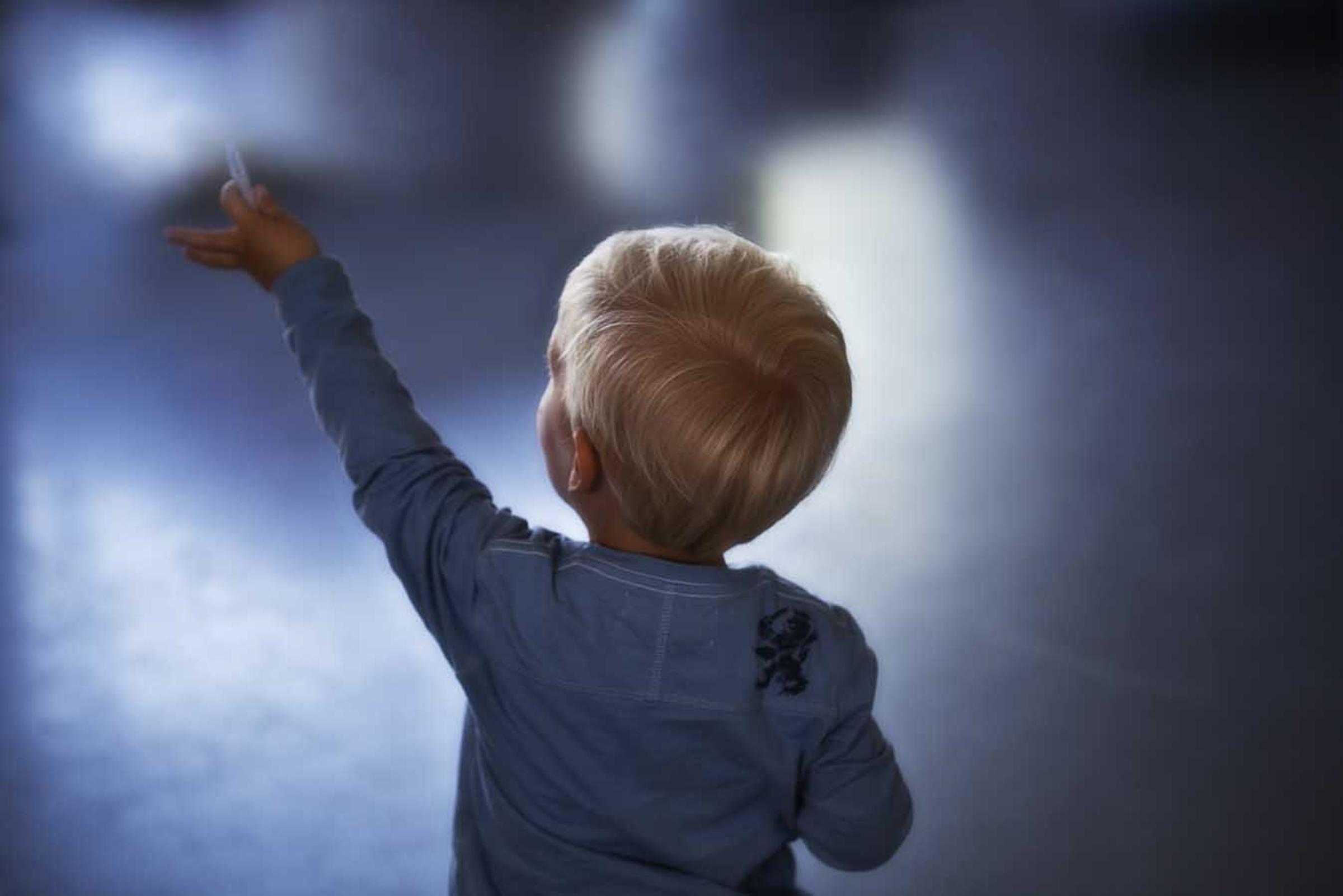
Wellbeing
Wellbeing newsletter Term 1 - Week 11
Twilight Community market and Art show
We are very much looking forward to this year’s Twilight market and Art show which will be held on Thursday 3rd November. We are looking for Market stalls. If you have a small business that you would like to promote or know someone that has a small business they would like to promote, please contact me at rlenko@sfslynbrook.catholic.edu.au
Respectful Relationships
Respectful Relationships is about embedding a culture of respect and equality across our entire community. It teaches our children how to build healthy relationships, resilience and confidence.
The Resilience, Rights and Respectful Relationships teaching and learning materials were developed by leading education experts, who tailored the materials to each year level from Foundation (Prep) to year 12 and made sure all information is age-appropriate and grounded in evidence.
The Royal Commission into Family Violence identified the critical role that schools and early childhood education have in creating a culture of respect. In 2016, Respectful Relationships education became a core component of the Victorian Curriculum from Prep to year 12, and is being taught in all government and Catholic schools and many independent schools.
In term 2, the children will be looking at Topic 8 which is about Positive Gender relationships.
The Resilience Project
We continue to partner with the Resilience Project in 2022. A final reminder, if you missed the webinar with Martin Heppell, the link expires on Friday 8th April at midnight.
Meeting Recording:https://us02web.zoom.us/rec/share/77cyV-t5lDh9IOjyPwlMXpGiHCoA3Dwf6LFbpfe2I-rFj7Gmg8HgrHwXeFun0j4R.Ple-emQIZSD2Fb6u
If you have the time, it is well worth a watch and a reminder of the key principles of Gratitude, empathy, mindfulness and emotional literacy and how these can help to build your children’s resilience.
Parenting Ideas Website
This week’s article taken from the Parenting ideas website is all about building lasting happiness in children and is written by parenting expert Dr Jodi Richardson.
Building lasting happiness
“When asked “what do you want most for your kids in life?” most parents answer “to be happy”. While much of what has influenced kids’ mental health and happiness in recent years is outside the realm of influence, their long-term happiness is something you can cultivate by implementing and teaching happiness habits and practices. Following is an important selection of these represented them by the acronym FLOURISH.
Flow
Flow is the experience where kids lose all sense of time. When in flow they’re beautifully engaged in their activity, an experience often described as being ‘in the zone’. If flow is to be experienced, children and young people need to have an appropriate level of skill to rise to the challenge at hand. When the balance is just right flow feels wonderfully satisfying and produces happiness.
Laughter and play
Laughter makes kids happier while at the same time helps them breathe more deeply, calming their nervous system and reducing stress. Research shows that the number of times kids laugh each day reduces as they get older. The same applies to play. You can change that by creating ample opportunities for both. Games like Pictionary and Pie Face tick both boxes!
Optimism
Optimistic thinking can be taught and has been shown to reduce the likelihood of depression. A great strategy to teach kids relates to 3 Ps- personal, pervasiveness and permanence. When things go wrong help your kids to understand that what happened is not personal, pervasive (a tendency to spread) or permanent.
Unite for family meals
This is a game changer! More family meals together equate to better grades, fewer depressive symptoms, less adolescent smoking and less drinking of alcohol among kids. Family meals also bring families closer, strengthening relationships which are at the heart of lifelong happiness.
Relationships
Having more friends and good relationships is a strong predictor of happiness in childhood and beyond. You can help boost your kids’ social networks by opening your home to their friends and encouraging your kids to spend time with friends from a variety of social circles. Connecting in-person and online helps bolster kids’ friendships.
Intensive exercise
Kids need at least an hour a day of exercise, preferably outside and including high intensity fun. Exercise promotes the production of ‘feel-good’ chemicals which boost happiness and helps reduce the stress response. Help your kids make connections between the activity they do and how good they feel during and afterwards to encourage exercise for life.
Self-regulation
Kids’ ability to self-regulate is an important piece of the happiness puzzle. Their ability to delay gratification predicts their ability to cope better with frustration and stress. Help your kids build self-regulation skills in a variety of life domains including eating and drinking, sleep, play, screen-time, homework and catching up with friends.
Helping others
Being kind makes kids happy and you can nurture kindness in your kids through what you do. Genuine compliments, handwritten notes of thanks, saying good morning to a stranger or even picking up litter are all acts of kindness you can role model. Kids are said to close their ears to advice but open their eyes to example.
It’s comforting to know that there is a lot you can do to promote a sense of happiness in children and young people. The FLOURISH acronym is a reminder of a powerful framework you can use to boost your kids’ wellbeing and content over the long-term.”
I would like to take this opportunity to wish you all a happy and holy Easter with your family. I hope you enjoy the holidays with your children and I look forward to working with you all in Term 2. If you have any concerns about the wellbeing of your child, please do not hesitate to contact me rlenko@sfslynbrook.catholic.edu.au
Rachel Lenko
Student wellbeing leader
Positive Quote for the day



